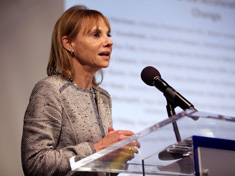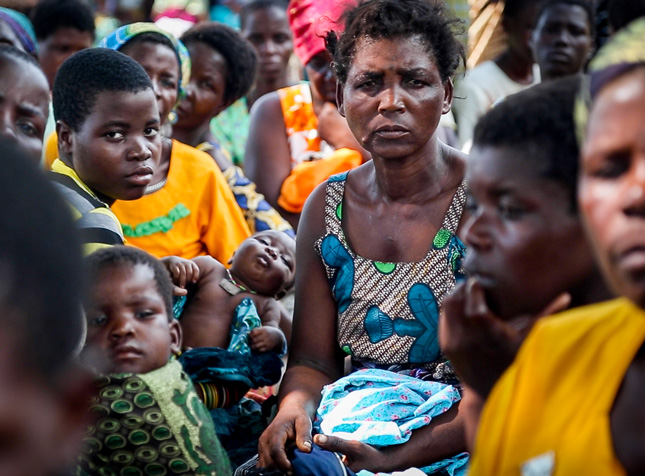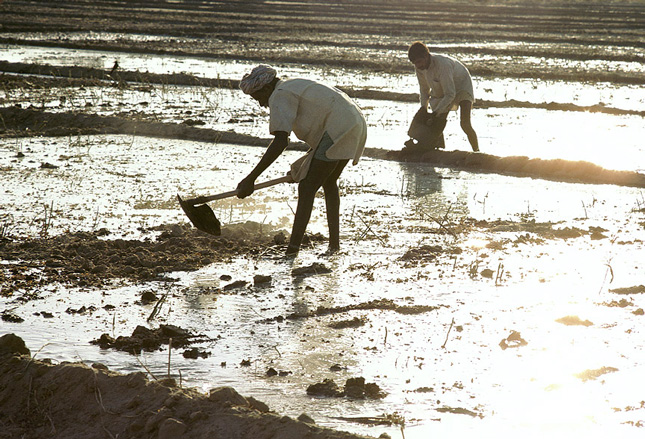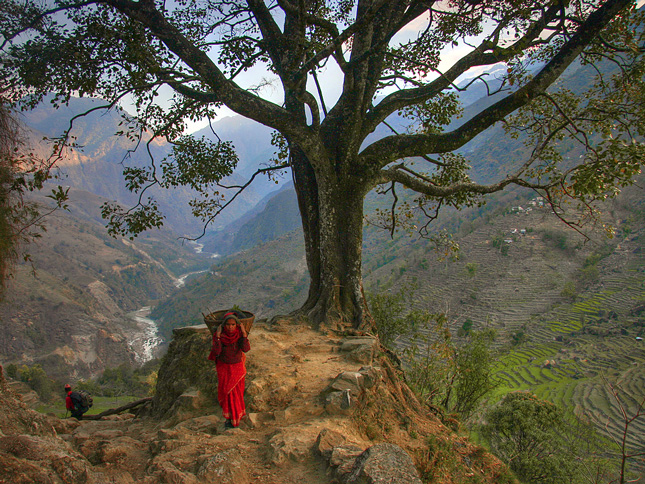-
SAM EATON, PRI’S THE WORLD
In Malawi, Attitudes Toward Family Planning Shift After Flooding, Hunger
›March 18, 2015 // By Wilson Center Staff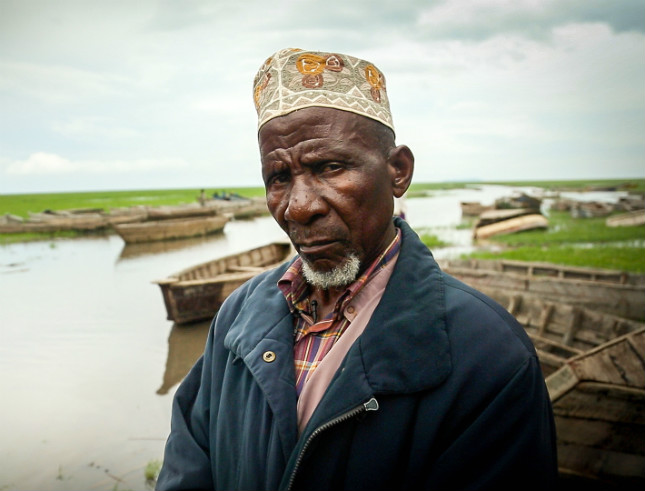
For two villages in southern Malawi, climate change and contraception have become intertwined. So much so, that long-held cultural assumptions are starting to change.
-
Sherri Goodman on the Need for U.S. Leadership on Ocean Research
›
“I firmly believe that U.S. global leadership depends on our ocean leadership,” says Sherri Goodman in this week’s podcast.
-
World Economic Forum Evaluates Global Risks, Comes to Some Odd Conclusions
›With intense drought in Sao Paulo and California, devastating floods in Malawi, and escalating water-energy confrontations in many developing countries, it is no wonder water is making headlines. It’s also gained the attention of the World Economic Forum (WEF), which lists water crises as the world’s number one risk in its recently released Global Risk Assessment.
-
Efforts to Build Resilience in Sahel Focus on Food, Climate, Population Dynamics
›The Sahel – spreading from the Red Sea to the Atlantic as the Sahara Desert transitions to Sudanian savanna – is drought prone and suffers from chronic food insecurity. Yet, the region also boasts the highest fertility rates in the world, and the highest rates of marriage for young girls. This creates unique vulnerabilities that are being compounded by climate change, says ECSP’s Roger-Mark De Souza in an episode of Wilson Center NOW.
-
Sam Eaton, PRI’s The World
Severe Weather and Deforestation Create a Humanitarian Crisis in Malawi
›March 4, 2015 // By Wilson Center Staff
You could say the people living along the banks of the Thondwe River in southern Malawi were lucky. At least they’d been warned of the flash flood in early January that would burst through an earthen dike, wash away their homes and crops, and leave more than 4,000 of them homeless.
-
India’s Growing Water Risks, Illustrated
›Guest Contributor // March 3, 2015 // By Tien Shiao, Andrew Maddocks, Christopher Carson & Emma Loizeaux
India is one of the most water-challenged countries in the world, from its deepest aquifers to its largest rivers. Groundwater levels are falling as farmers, new urban residents, and industries drain wells and aquifers. What water is available is often severely polluted, and the future may only be worse, with the national supply predicted to fall 50 percent below demand by 2030.
-
In Food Riots, Researchers Find a Divide Between Democracies and Autocracies
›
Though the bull market for metals and energy may be ending, global food prices remain stubbornly high. The inflation-adjusted FAO Food Price Index is down from the near historic heights of 2007-08 and 2011 but still higher than at any point in the previous 30 years, putting a brake on several decades of progress in reducing world hunger.
-
Re-Thinking Climate Interventions in Fragile and Conflict-Affected States: Insights From Nepal
›
While much of the debate around climate financing focuses on “how much,” an equally important question is “how?”
Showing posts from category food security.


